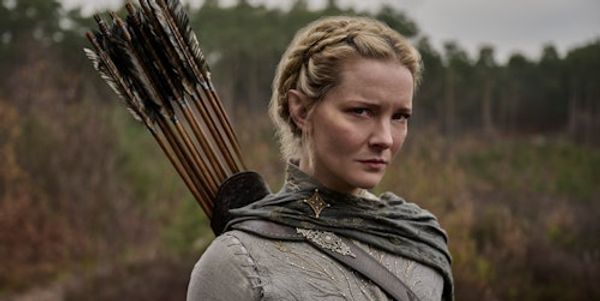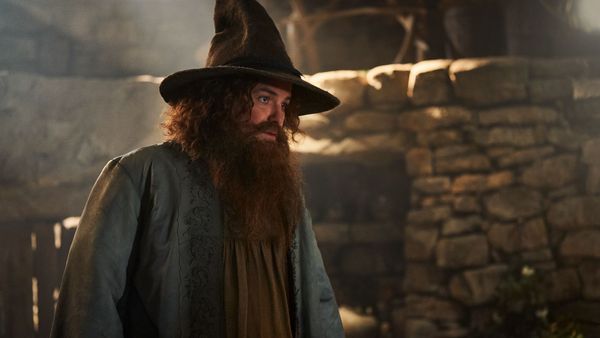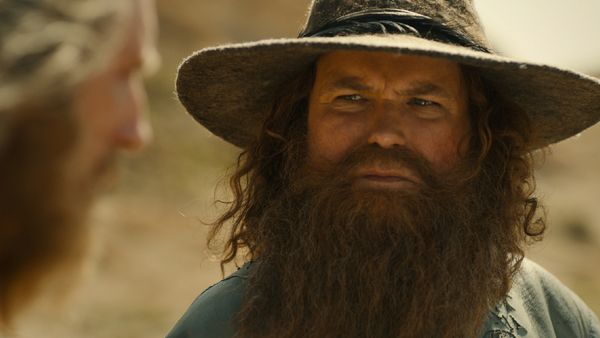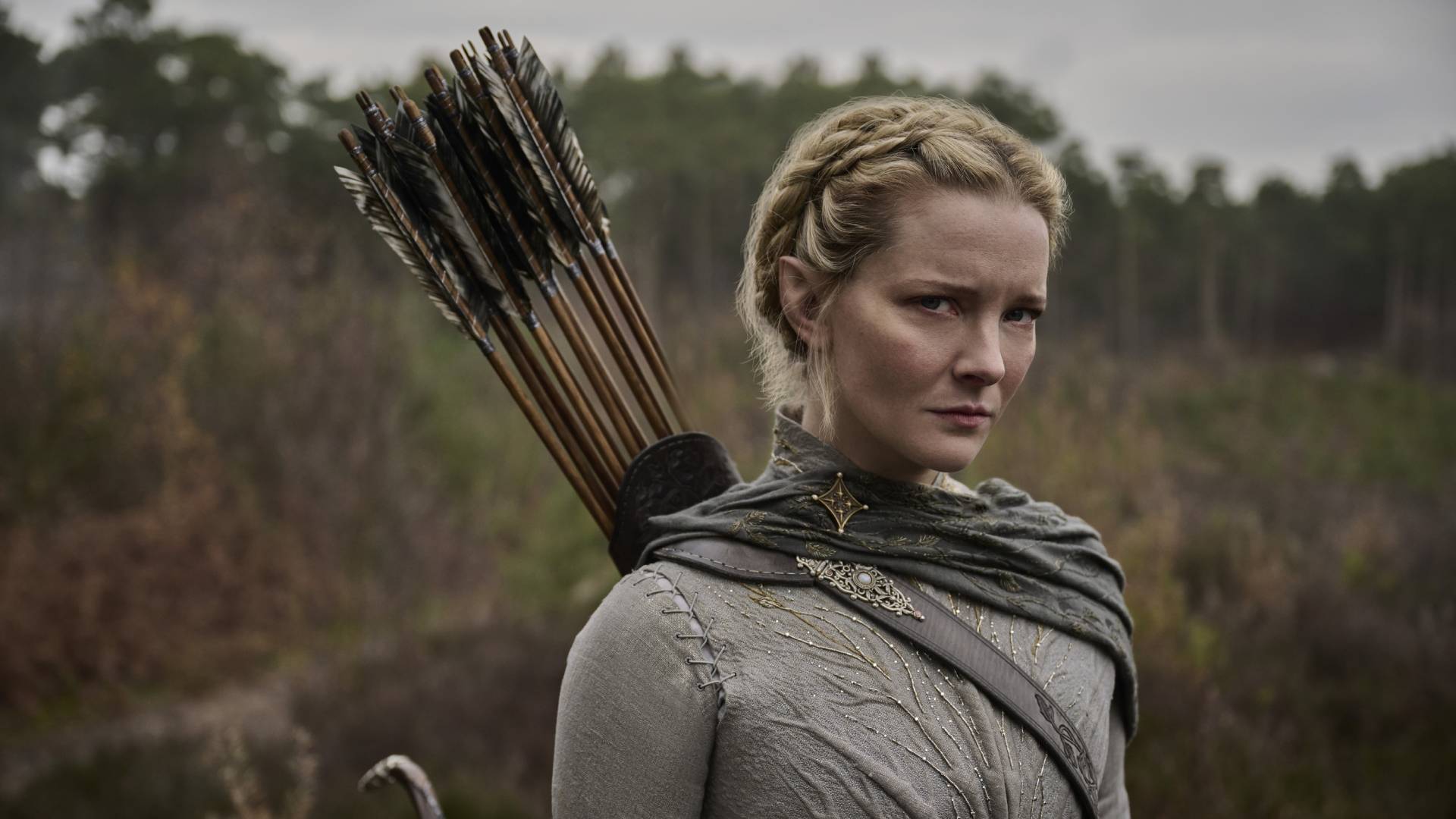
The Rings of Power season 2 is the latest in a long line of adaptations to draw heat for making changes to the source material – but I'm here to argue that this is the best way to honor J.R.R Tolkien and his works.
Now, hear me out. I know that's something of a controversial stance. But let's take the case of the Orc baby as the most recent example of the kind of pushback the Prime Video show draws. Ardent fans on the internet expressed their displeasure with the show revealing a family of Orcs – complete with a little'un – decrying it as an unforgivable twist on Tolkien's treatment of the species. Though, not only can you find the seeds of such an idea in Tolkien's writings anyway, but expanding on the source material, in my opinion, has never been an act of desecration. Instead, the way I see it, it's another form of reverence.
But, I hear you cry, how can meddling with the source material possibly be showing it respect? Well, let me explain. No one can deny that Tolkien is a legendary writer. His sprawling epic that is The Lord of the Rings saga and all its accompanying writings elevates him to immortality in the literary and cultural canon. His works have ended up pretty much on the same level as our foundational myths and fairy tales, at this point – most people's idea of an Elf or a Dwarf is the type Tolkien wrote about, after all.
And what do people long to do with such fundamental stories? Why, reinvent them of course. Retell them, over and over, diving into them as living, breathing worlds that can be shifted and changed and played with – a realm of endless possibility, ripe for interpretation. Treating Tolkien's works as sacred leaves them forever frozen, but seeing them as an oasis of potential – of seedlings to grow, rather than preserve – is placing Tolkien on the same level as those famous storytellers of old, which is surely where the fantasy virtuoso belongs.
Changing it up
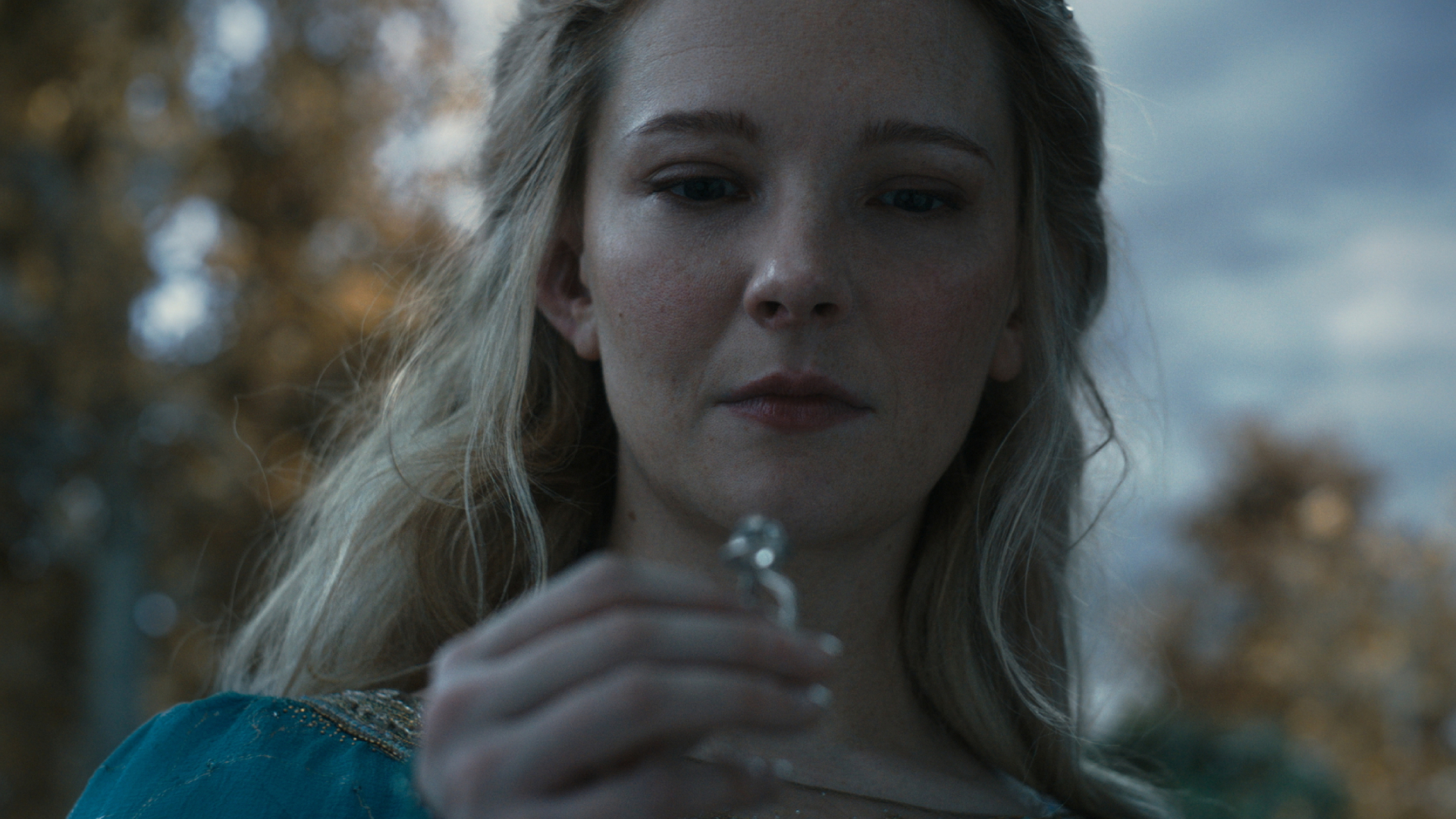
Of course, I'd never say that all changes are good or justified. Many times I've watched an adaptation of a book I love and practically torn my hair out at some of the decisions made. But The Rings of Power certainly isn't one of those adaptations. In fact, some of the things that interest me most about it are inventions of the show. Galadriel's dark bond with her nemesis Sauron, for example, is not taken from Tolkien's work, but it's one of the most fascinating things about Morfydd Clark's portrayal of the character. And after all, why shouldn't Tolkien's figures be the subject of reinterpretation? No two adaptations of William Shakespeare or Charles Dickens are ever the same.
Any adaptation is going to change things, too, by necessity. No work of literature can be directly translated to the screen. Even Peter Jackson's movies made changes to the source material. Tom Bombadil was excised from his Lord of the Rings adaptations, and no one would argue that ruined his widely beloved trilogy.
The conversation around adaptation and canon isn't going away anytime soon, of course. Just recently, A Song of Ice and Fire creator George R.R. Martin took to his Not a Blog page to criticize changes made to his Fire and Blood novel in House of the Dragon season 2. "Ignore canon, and the world you've created comes apart like tissue paper," he argued in an earlier post. Maybe it's true that some of the show's changes don't quite work. But, with all the respect in the world to another titan of the genre, I would argue that the show has made some truly revelatory changes to his work, too – in fact, Martin himself has admitted as much when he said the series' version of Helaena Targaryen was better than his own ("Phia Saban’s Helaena is a richer and more fascinating character than the one I created in FIRE & BLOOD," he wrote in another post). Change in and of itself is not a bad thing.
And even if that does make for an imperfect adaptation, that can be alright sometimes, too. I might be digressing a little bit here, but when I was a child, I had a beautiful, Victorian-style dollhouse. It was one of those that you were only supposed to keep out on display, too precious to be played with. But I was a youngster and I wanted to make my little lords and ladies move around their mansion, and so I did, and, inevitably, the lords, ladies, and even furniture broke under my enthusiasm. Maybe that house would've been better off left untouched, but I know I loved it more by messing around with it, even if it left things a little more lopsided (and superglued) in the end. What I'm trying to say is, sometimes, the best way to love something is to get stuck in, and that's truly what I think The Rings of Power team are doing with Tolkien's works, and the series is all the richer for it and their fresh perspective.
And besides, The Rings of Power's existence doesn't erase Tolkien's incredible writing from the world. If you want a faithful account of The Lord of the Rings, you can just… read The Lord of the Rings. The version in your head, though, isn't going to match the version in Tolkien's, because that's the very nature of storytelling. And the mark of a truly excellent story is one you want to keep retelling – and not just that, but reinterpret, reinvent, and explore. That's the truest act of love that I can imagine.
The Rings of Power season 2 is releasing weekly on Prime Video now, and you can check out our Rings of Power season 2 release schedule to keep up to date, or see our Rings of Power season 2 review for our spoiler-free verdict on all eight episodes.






